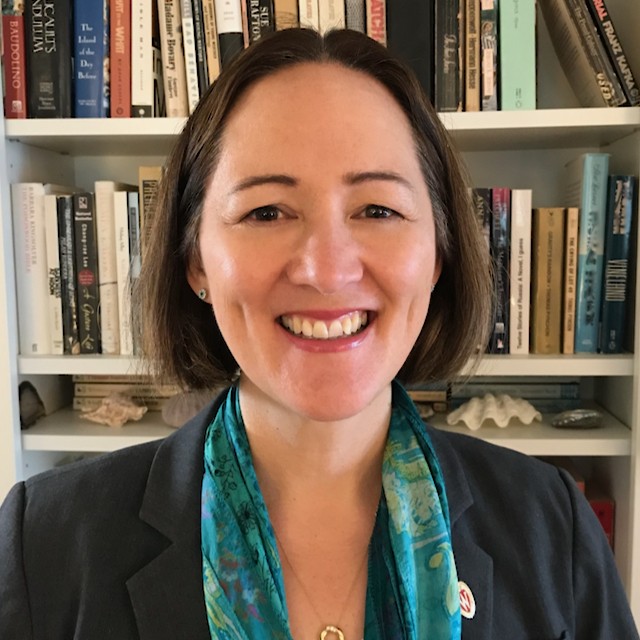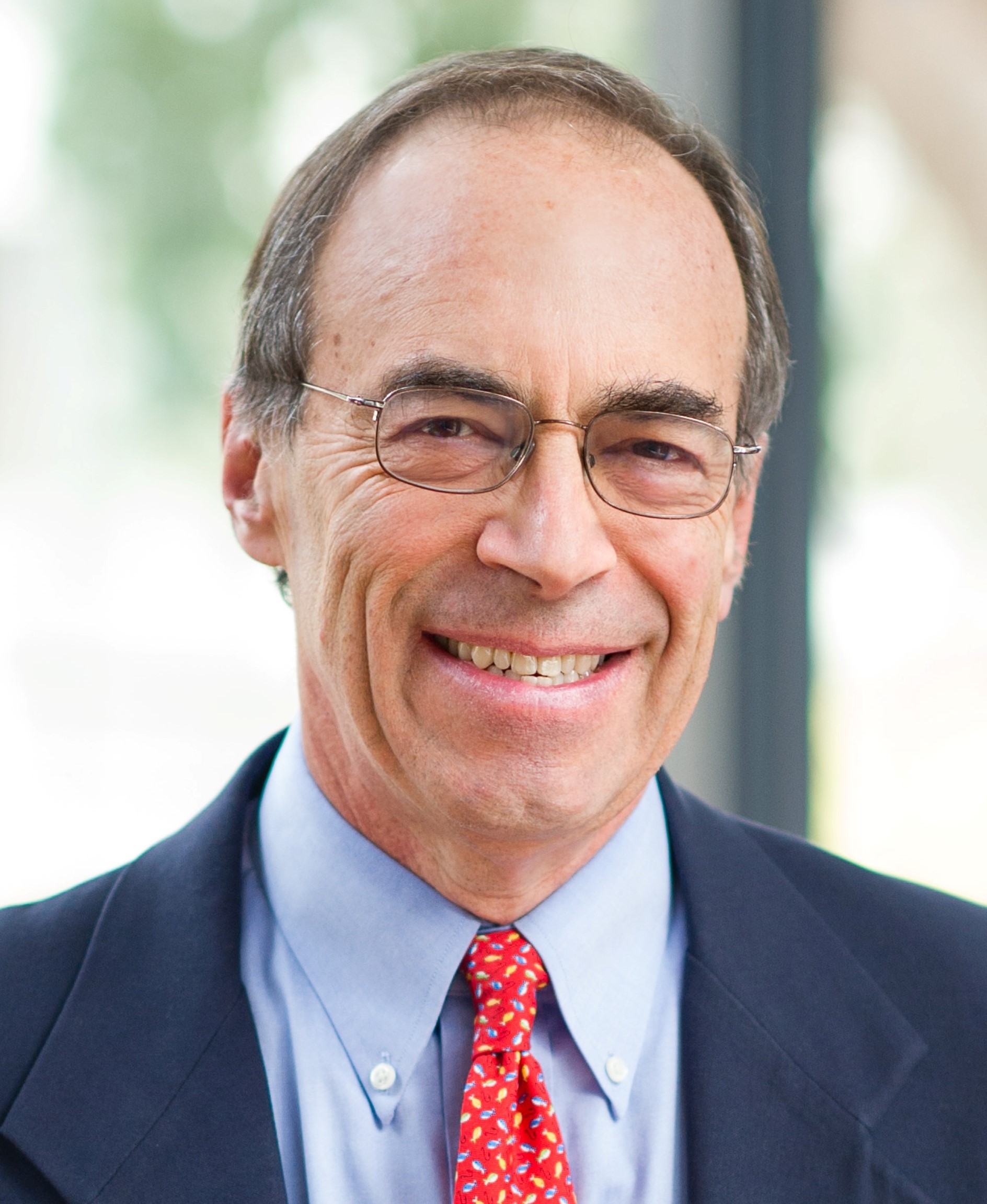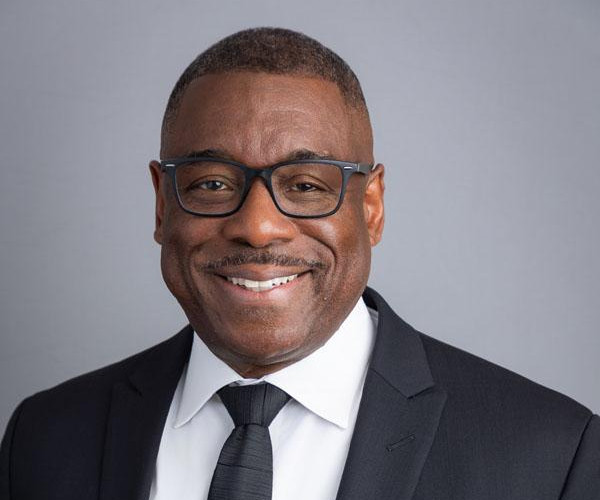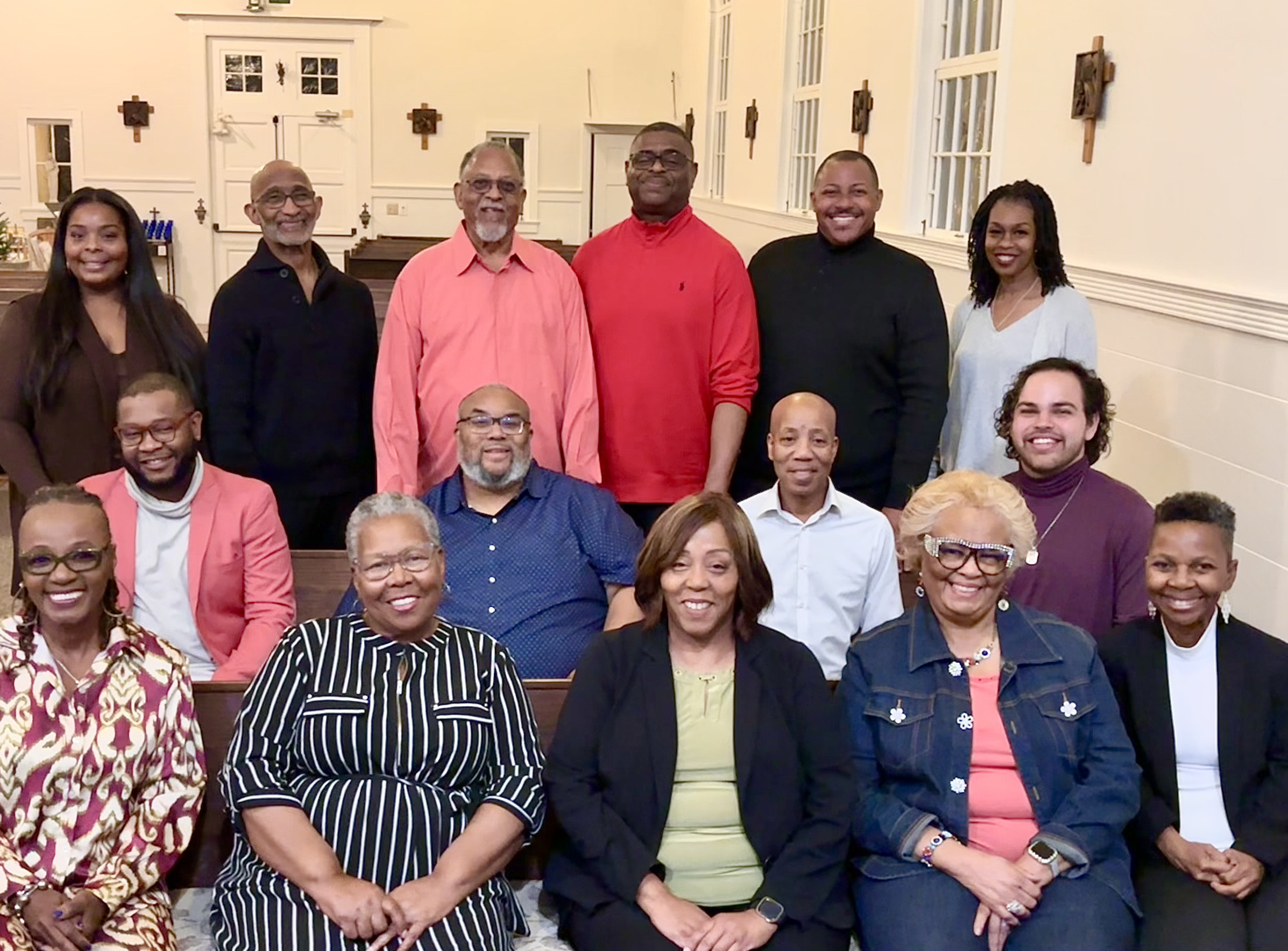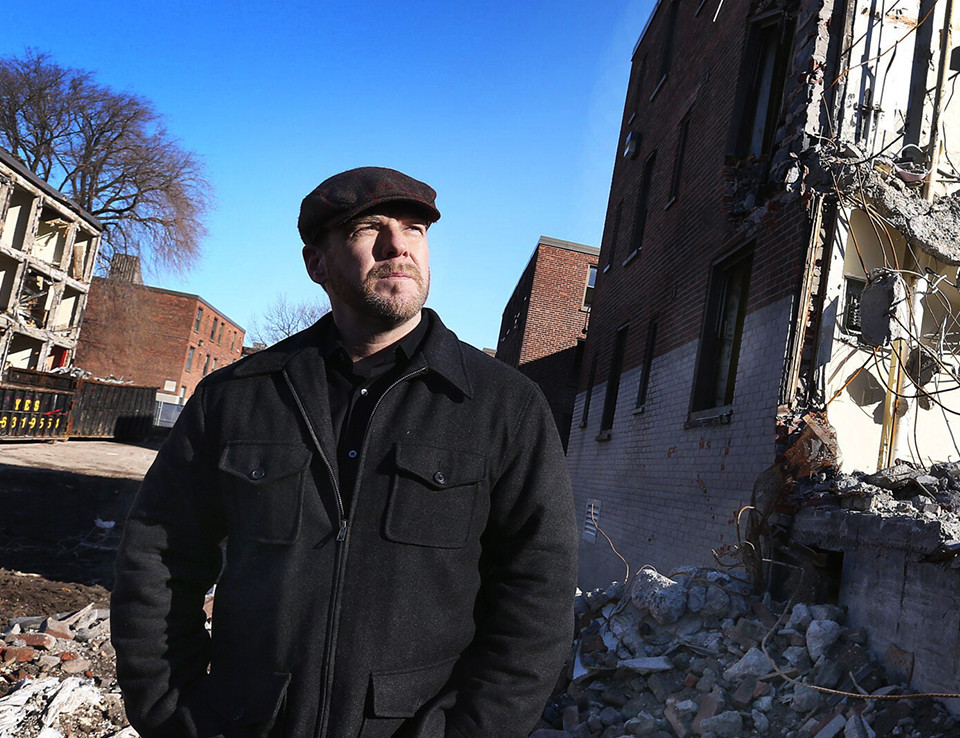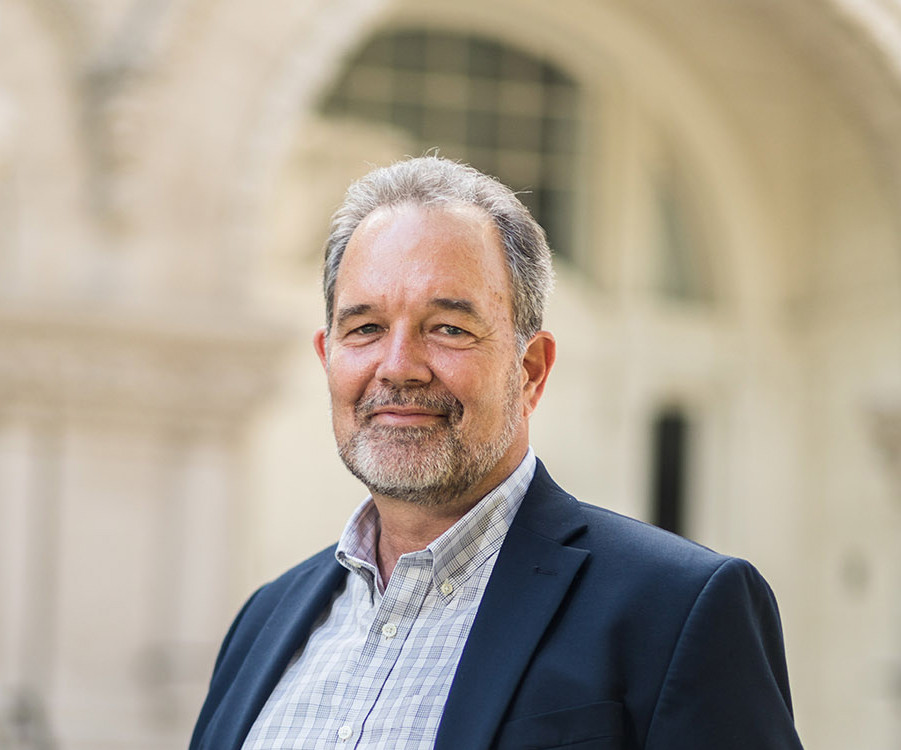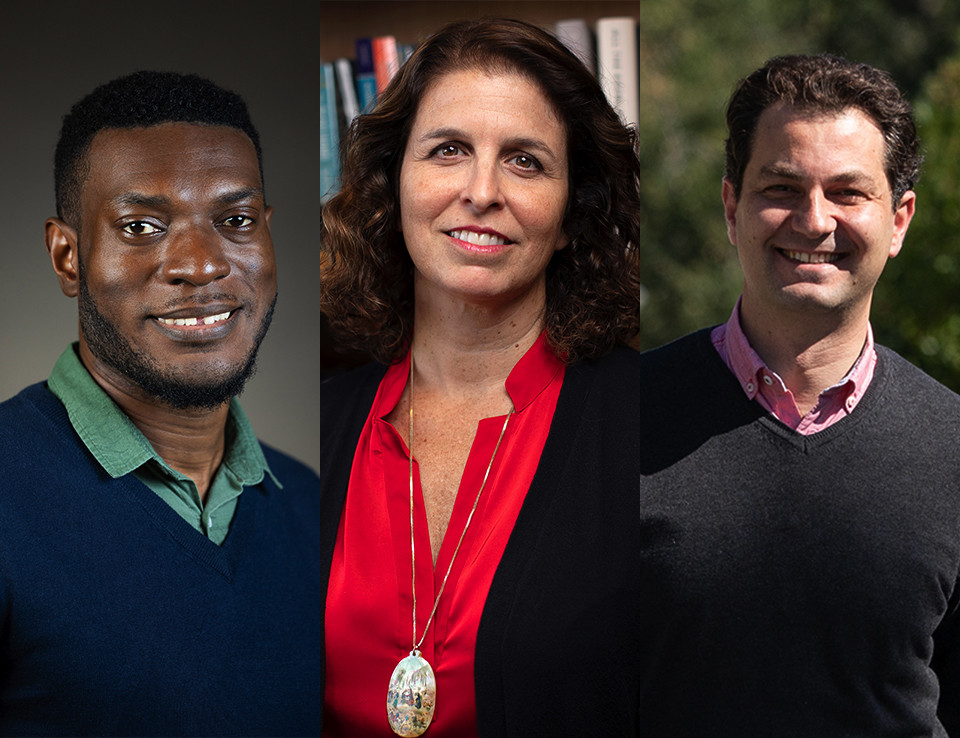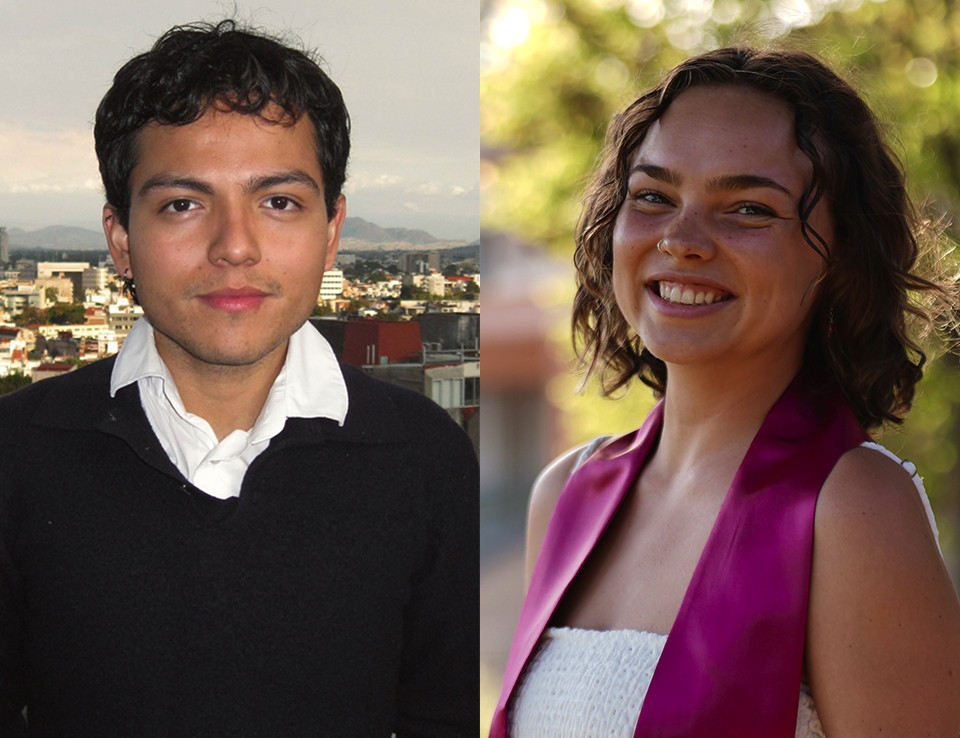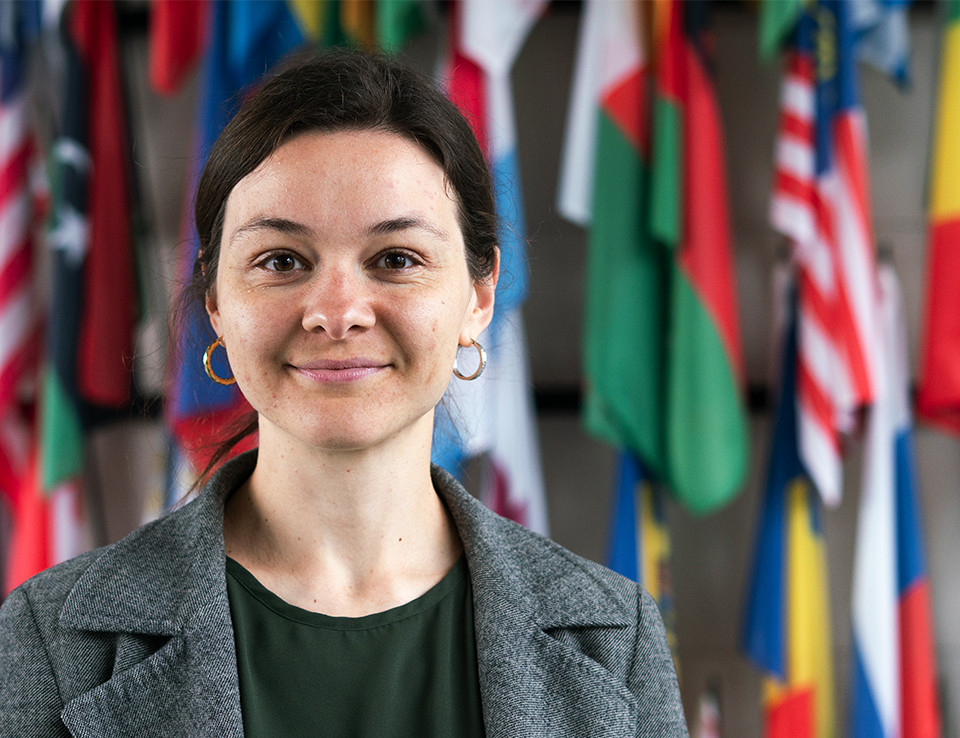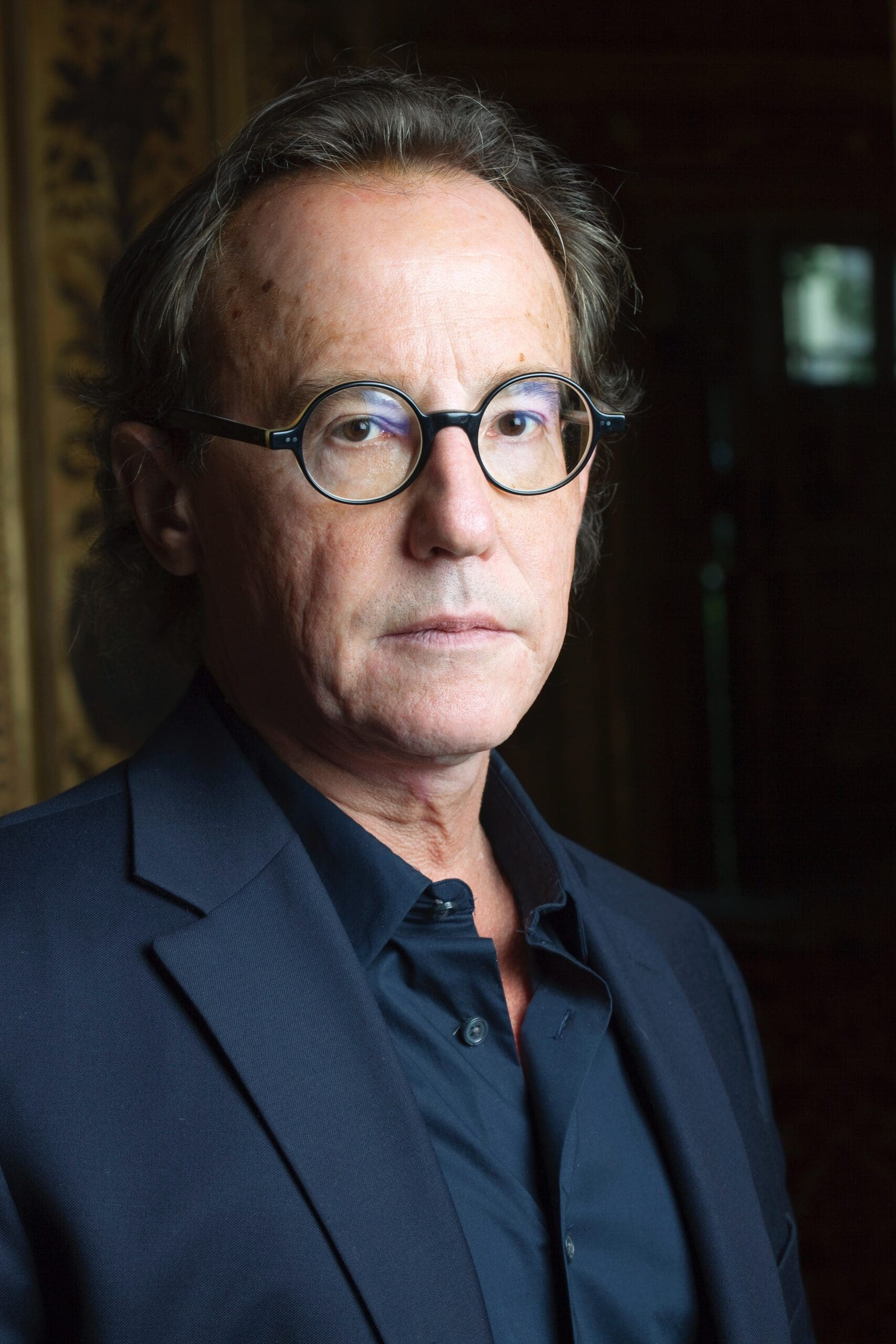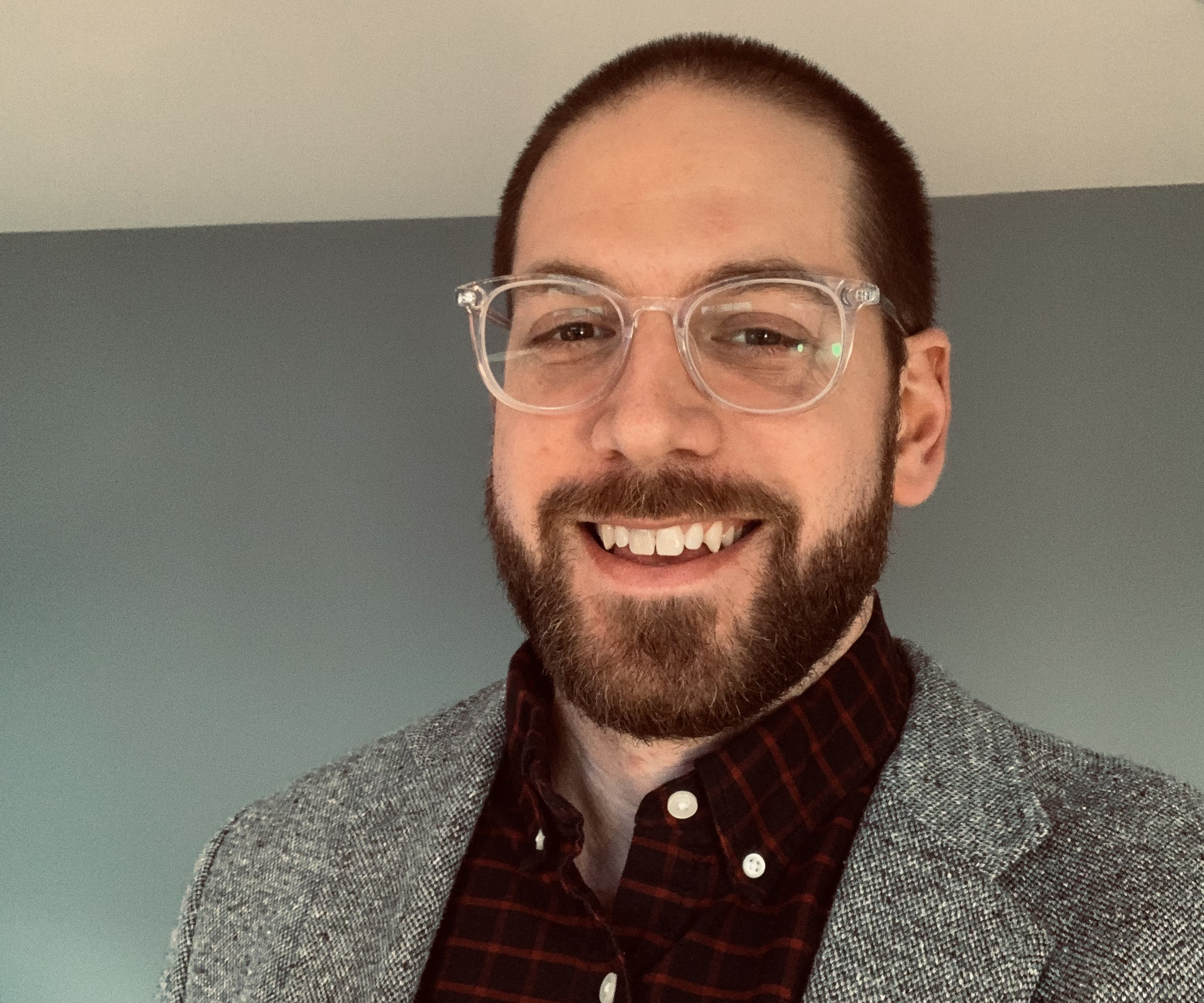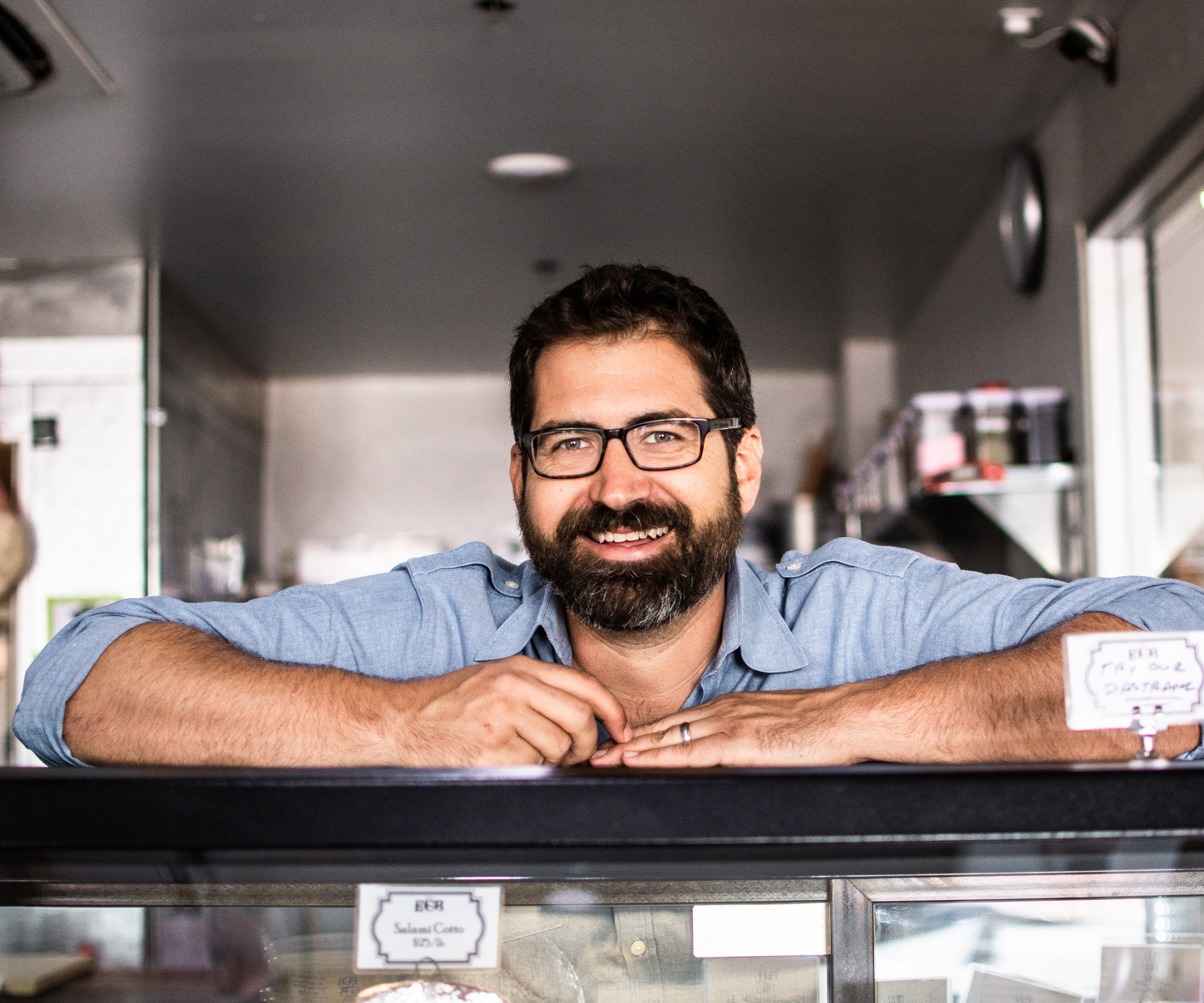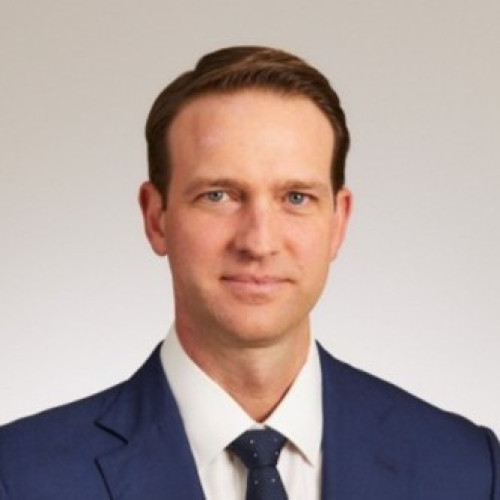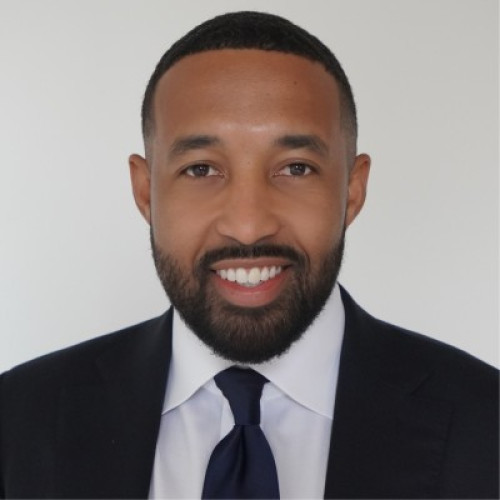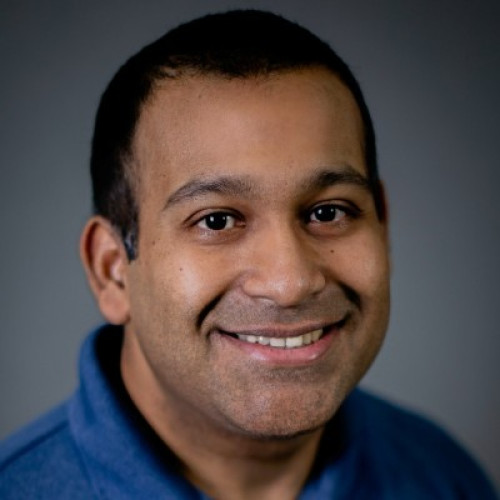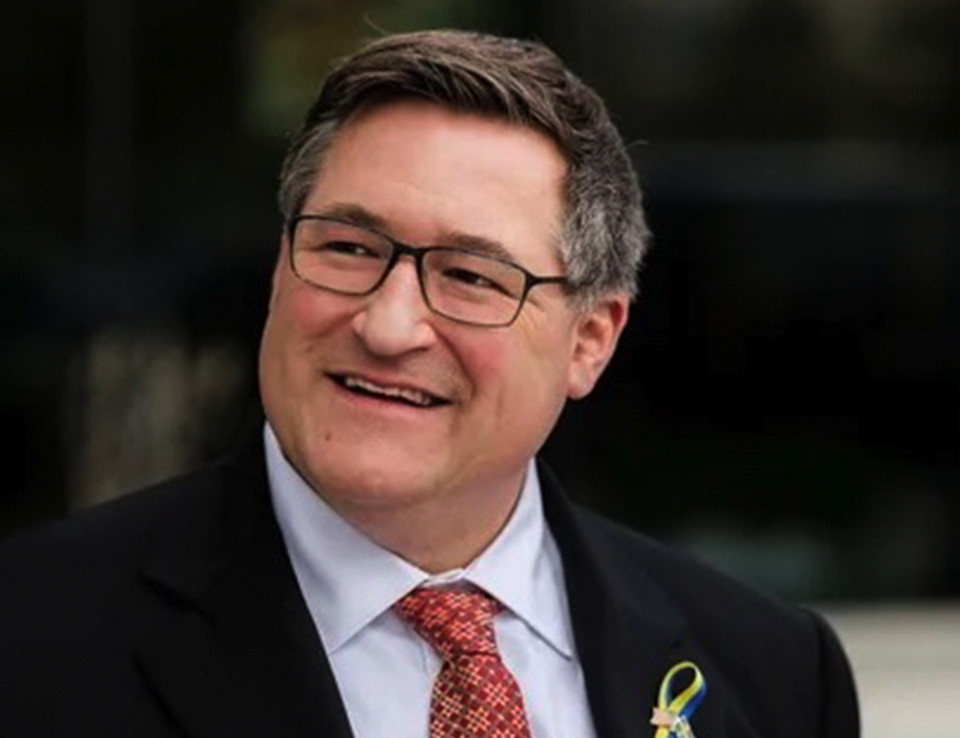Current Semester Schedule
Athenaeum events are posted here as detailed information becomes available.
Wed, November 19, 2025
Dinner Program
Alan Auerbach
Thu, November 20, 2025
Dinner Program
Srivani Jade, Anindita Das, Suchitra Iyer, Aryan Prakash, and Shivam Sudame
Mon, February 2, 2026
Lunch Program
Stephen M. Newby
Mon, February 2, 2026
Dinner Program
Diane White-Clayton, principal, and the BYTHAX Ensemble
Tue, February 3, 2026
Dinner Program
Michael Patrick MacDonald
Wed, February 4, 2026
Dinner Program
Paul Hurley
Thu, February 5, 2026
Dinner Program
Hilary Appel, Jean-Pierre Murray, Hicham Bou Nassif, and Jenny Taw
Fri, February 6, 2026
Lunch Program
José Chiquito ‘24 and Riley Green '24
Mon, February 9, 2026
Lunch Program
Anna Romandash
Mon, February 9, 2026
Dinner Program
Mark Lilla
Tue, February 10, 2026
Dinner Program
Erich Hatala Matthes
Wed, February 11, 2026
Dinner Program
Steve Sabicer
Thu, February 12, 2026
Dinner Program
Keynote Speaker—Todd Barker '01
Mon, February 16, 2026
Dinner Program
Erik Ramanathan P'27

